In my previous posts, we covered topics such as sustainable fashion, advantages & disadvantages of fast fashion. In this one, we will dive into a more technical side of sustainable fashion certificates useful to know, recognize and understand what they mean for us – consumers. If you would like to skip the reading, scroll all the way for the video!
Sustainable fashion is gaining more and more customer interest every year. Many companies, from small to large corporations, use environmentally and socially beneficial materials in their work. Therefore, the great need for third-party audits, verifications and certifications has become crucial. There are numerous certifications available that reflect various aspects of ethical, sustainable, and transparent fashion and decor production. This is since fashion has far more layers of complexity than food production.
Top 6 most recognizable Sustainable Fashion/Textile Manufacturing Certificates
You can probably recognize more than one certificate with which companies (brands & suppliers) mark their environmentally and ethically sustainable production. Most certifications have a broad reach, including social, economic growth, and labour rights issues in addition to environmental concerns.
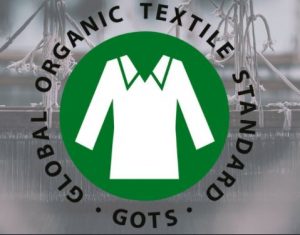
GOTS one of the most recognizable certificates for textiles. From the farm gate to the final supplier, GOTS focuses on tracing certified organic fibres (mostly cotton, but also certified wool and silk) through the supply chain: from harvesting to the sale. Natural fibres may start as organic, but they can contact or be processed with chemicals and no longer considered organic throughout the process.
Brands GOTS certified: KUYICHI, Muse & Marlowe, Dedicated, L’Envers, Cossac
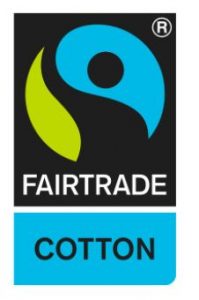
The Fairtrade Cotton Standard, which the Fairtrade Labelling Organisation implements. Fairtrade works with farmers, small producers’ organizations, independent cooperatives, mainly in West Africa and India. Fairtrade collaborates with farmers to minimize or eliminate agrochemicals and help them respond to evolving weather conditions. Compared to production in other nations, Fairtrade cotton fields in Western Africa and India are rain-fed, reducing the region’s water footprint. The Fairtrade Standards also include provisions to protect farmers’ health and safety and prohibit genetically modified cotton seeds. Fairtrade supports and empowers cotton farmers to preserve the natural environment as an integral part of their farm management, and a significant percentage of Fairtrade cotton is also organically certified.
Brands who carry The Fairtrade Cotton Standard certification: People Tree, SKFK (Skunkfunk), Dedicated
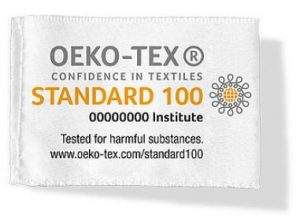
Standard 100 label guarantees that every component of the article is tested in independent laboratories against hazardous substances (heavy metals, colourants, solvents, formaldehyde, etc.), often used in cotton, silk, and other even natural fibres. All components and materials of textile products must meet the test requirements to be certified. The product is then officially Oeko-Tex certified and given the designation “OEKO-TEX® Trust IN TEXTILES — STANDARD 100 — Hazardous Substances Tested.”
Brands such as Ekyog, Outland Denim, Adrenna
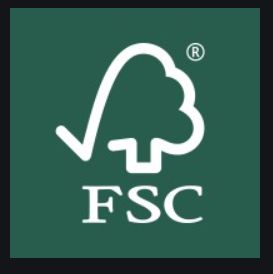
Forest Stewardship Council (FSC) – the global not-for-profit organization operating since 1993 in the field of responsible world forest management. The fashion industry using forest-based fabrics such as rayon, lyocell and viscose. On the one hand, cellulose fibres can be more eco-friendly than cotton or synthetic ones. On the other hand, forest-based fabrics are often sourced from areas with little or non-forest protection regulations and practices, increasing forest and flora extinction risk. Brands that carry FCS labelling assures customers that the products are made of renewable and legal sources.
FCS sertified brands such as Sézane, Masai Copenhagen, lululemon, H&M
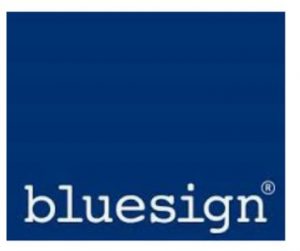
Bluesign is a holistic framework that creates better and more secure working and living conditions for all involved in textile manufacturing and supply chain process. The frameworks covers and monitors, and interferes in every manufacturing step until the final product is produced. Bluesign encourages brands and manufacturers to increase sustainability efforts and processes continuously.
Brands who carry Bluesign labels such as Adidas, Columbia sportswear, Mammut Sports Group, The North Face Inc. and many more ( click for complete list of brands & manufacturers)

The Recycled Claim Standard (RCS) and the Global Recycled Standard (GRS) are voluntary international standards that provide criteria for third-party certification of recycled input and chain of custody. The guidelines all have the same purpose in mind: to maximize the use of recycled materials. Additional standards for social and environmental processing conditions and chemical limits are included in the GRS.
The RCS and GRS are very similar, except that the GRS is a more stringent norm with a higher minimum material percentage (50%) and additional processing criteria (social, environmental, and chemical).
Brands such as H&M, ZERO, tentree, Reformation, KOTN etc.
https://youtu.be/6nfj2neUPuM
I hope this brief information will help you learn and recognize sustainable fashion certificates that contribute to the well-being of nature and people. Stay tuned for many interesting and useful topics. Stay healthy, happy and see you soon!
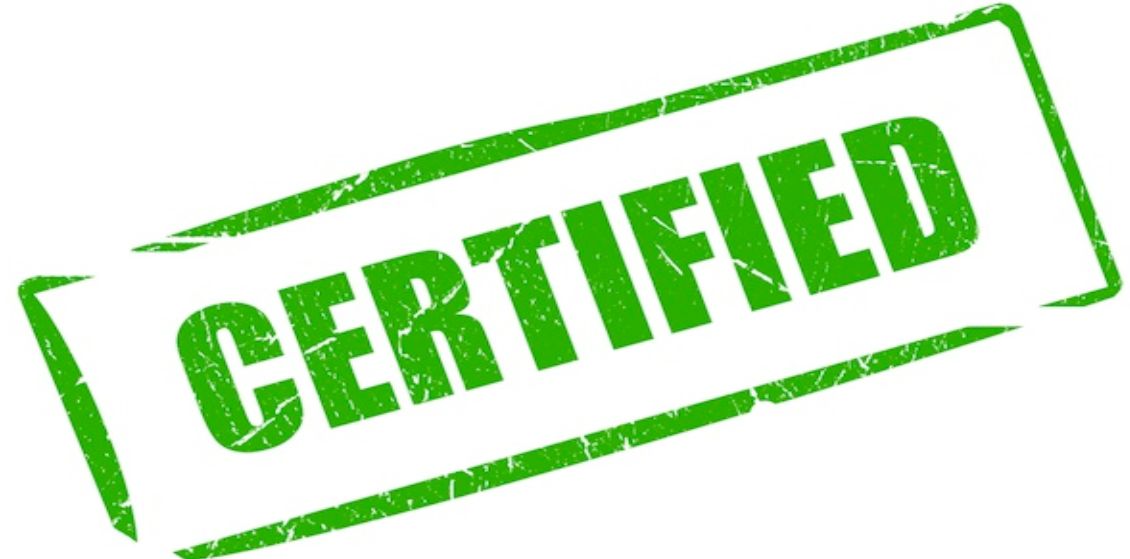
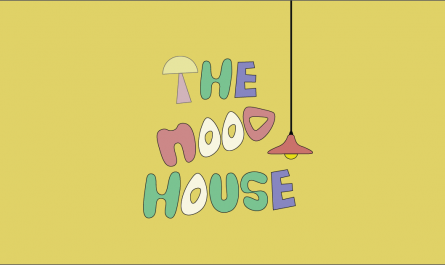
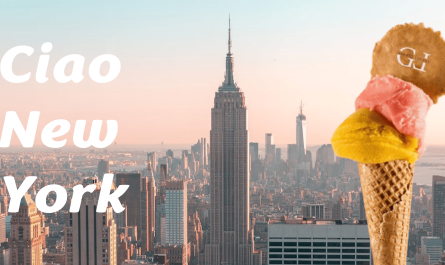
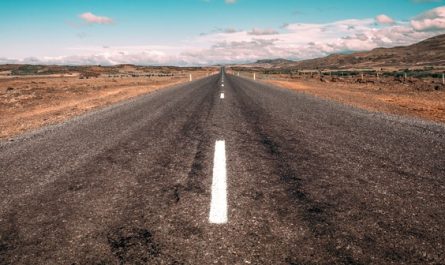
COOL !!
Thank you for sharing valuable information Simona!